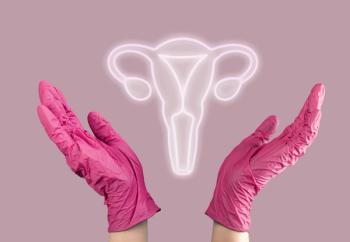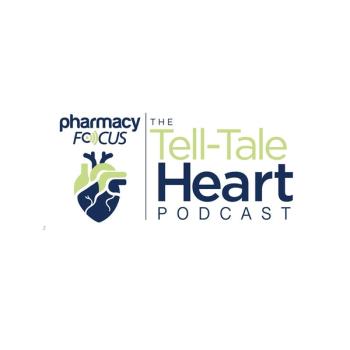
Biden Administration Outlines Plan for COVID-19 Booster Shots Beginning September 20
Widespread COVID-19 booster shot administration is pending FDA approval and recommendation by the Advisory Committee on Immunization Practices.
Based on evidence of waning vaccine efficacy, officials with the Biden administration have announced a plan to begin rolling out COVID-19 booster vaccines beginning the week of September 20, according to a press briefing Wednesday.1
However, that date is dependent on FDA approval and recommendation by the Advisory Committee on Immunization Practices for the third shots, according to the briefing.1
“The available data make very clear that protection against SARS-CoV-2 infection begins to decrease over time following the initial doses of vaccination, and in association with the dominance of the Delta variant, we are starting to see evidence of reduced protection against mild and moderate disease,” a group of experts from the US Department of Health and Human Services said in a prepared statement released Wednesday. “Based on our latest assessment, the current protection against severe disease, hospitalization, and death could diminish in the months ahead, especially among those who are at higher risk or were vaccinated during the earlier phases of the vaccine rollout.”2
For example, researchers in New York State have found that protection against hospitalization among vaccinated individuals declined from approximately 92% in May to approximately 80% at the end of July. This decline notably coincides with the increasing number of Delta variant cases, along with relaxed masking and physical distancing recommendations.3
Officials in the White House briefing said the plan is based on CDC data as well as international findings about ongoing vaccine efficacy. In addition to encouraging the booster vaccines once available, health care professionals should continue to urge unvaccinated individuals to protect themselves and their communities by getting vaccinated.1
“When we look at the data, we see a reduction in the protection against mild and moderate disease in all age groups, and that’s why we made this recommendation for all adults,” said US Surgeon General Vivek Murthy, MD, MBA.1
In the briefing, Anthony Fauci, MD, director of the National Institute of Allergy and Infectious Diseases, said the decision is based on 4 points of concern. First, he showed data illustrating that antibody levels decline over time, particularly following the second dose.
Secondly, Fauci said higher levels of antibodies are associated with higher levels of vaccine efficacy, and these higher antibody levels may be necessary to protect against the Delta variant.1
Booster mRNA vaccines increase antibody titers by at least 10-fold, Fauci said, based on data from Moderna and similar findings from Pfizer. The findings showed “a remarkable increase” in antibodies following a third dose, Fauci said in the briefing.1
“All of these [findings] support the use of a third mRNA vaccination,” Fauci concluded.1
Pending the FDA approvals, officials said the plan is for booster shots to be available September 20 for individuals 8 months after receiving their second dose. Based on current supplies, booster availability should be convenient and available at more than 80,000 locations across the country, including pharmacies.
Notably, the efficacy of booster shots against the Delta variant and other variants of concern has not been fully established, according to expert Amesh Adalja, MD, FIDSA, FACP, FACEP, a senior scholar with the Johns Hopkins University Center for Health Security. In an
“We don’t have clinical data, but there are some laboratory studies that show that yes, antibody levels go up with a third dose,” Adalja said. “But that’s not surprising—that’s how vaccines work. But does that translate into a lower risk for breakthrough infections, a lower risk for infection with the variant? That all needs to be part of the discussion and we need to see this be driven by clinical data, not just immunologic data.”
Clinical data supporting the plan will be released soon, according to the White House briefing.1 A
“Our top priority remains staying ahead of the virus and protecting the American people from COVID-19 with safe, effective, and long-lasting vaccines, especially in the context of a constantly changing virus and epidemiologic landscape,” the HHS statement said. “We will continue to follow the science on a daily basis, and we are prepared to modify this plan should new data emerge that requires it.”2
REFERENCE
- White House Briefing. August 18, 2021. Accessed August 18, 2021.
https://www.whitehouse.gov/live/ - Joint Statement from HHS Public Health and Medical Experts on COVID-19 Booster Shots. News release. HHS; August 18, 2021. Accessed August 18, 2021.
https://www.hhs.gov/about/news/2021/08/18/joint-statement-hhs-public-health-and-medical-experts-covid-19-booster-shots.html - CDC Booster Packet. Updated August 18, 2021. Accessed August 18, 2021.
Newsletter
Stay informed on drug updates, treatment guidelines, and pharmacy practice trends—subscribe to Pharmacy Times for weekly clinical insights.







































